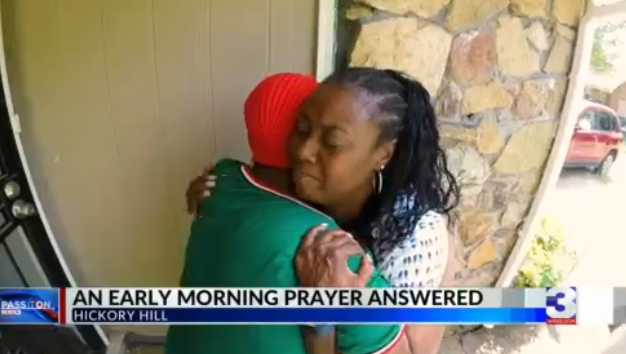UPDATE: The judge has denied the argument and declined the DNA testing. According to a WREG reporter who was inside the courtroom, the judge denied the DNA testing because her hands were tied due to current legislation.
WEST MEMPHIS, Ark. (WREG) — It has been almost 30 years since the bodies of three boys were found naked and hog-tied in West Memphis. Three teens were charged and convicted for the deadly attack. The trio was later released after entering a plea.
There was a large law enforcement presence outside the West Memphis District Courthouse Thursday, where there were also a large number of spectators who have been closely following a case dating back nearly three decades.
One of the men sent to prison will be back in court Thursday to clear his name. Damien Echols was just 18 years old when police charged him and two other teens, all known as the “West Memphis Three,” with the murders.
One of the men convicted back in 1994, Jason Baldwin, traveled nearly 700 miles to show his support for Damien Echols.
“I am innocent, Damien is innocent, Jessie is innocent and we deserve to have our lives back,” Baldwin said.
The group was convicted and locked up for 18 years before a judge threw out the case and released them under an “Alford Plea.” This meant that they were still guilty despite maintaining their innocence.
Baldwin is arguing after fighting to get out of confinement, they are now fighting to clear their names.
“We deserve to have our lives back, and to have the honor of our names back,” Baldwin said.
Echols and his legal team urged a judge to let them test the evidence for DNA. The group has been calling for DNA testing for years as they try to prove that Echols, Jessie Misskelly, and Jason Baldwin were not involved in the killings.
They want to test DNA evidence on ligatures used when tying up the three little boys, who were discovered dead. However, prosecutors argue any DNA testing could forever alter the evidence.
Judge Tonya Alexander, throwing up her hands, said they were tied because of a law, that states in Arkansas, anyone petitioning for new DNA testing must still be imprisoned.
“All we need is a simple change in the legislation to say ‘hey look, anyone where there is new evidence and it can help them in a case where they are convicted whether they are in custody or not in custody should be able to have the opportunity to test it,” Patrick Benca said, Echols’ attorney.
It’s a test of patience for Damien Echols – a man who said he is still in the fight of his life.
“I felt like they would rather nick-pick at aspects of the law then find out who actually killed these children,” Echols said.
Prosecutors while in court nodded in agreement regarding the state statue when it comes to DNA testing for those who are no longer behind bars.
They argued according to the letter of the law this case is now closed. The judge agreed.
However, Echols and his team said they will continue in their effort to clear his name. Echols’ attorney said they plan to appeal this decision with the Arkansas Supreme Court.






















